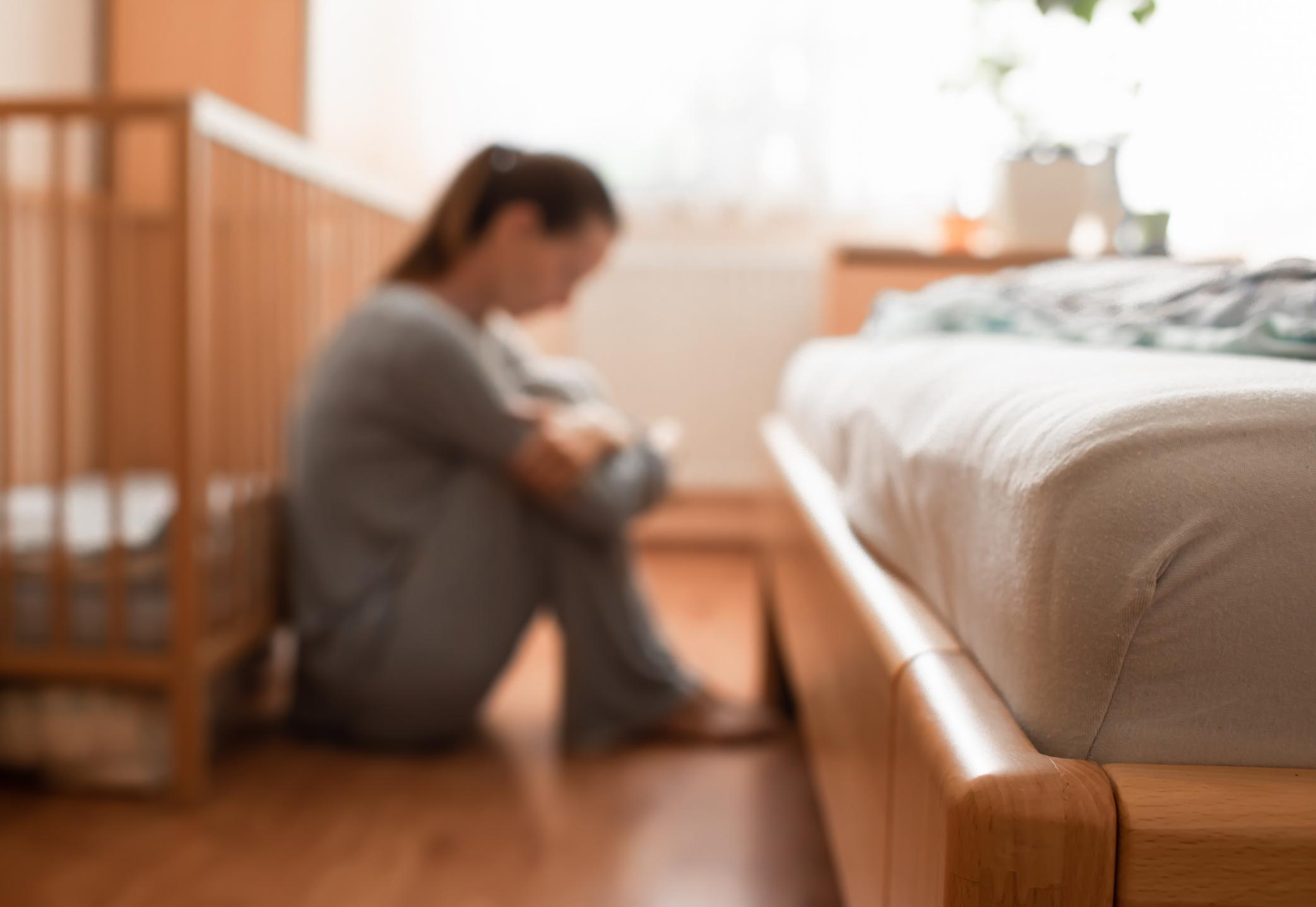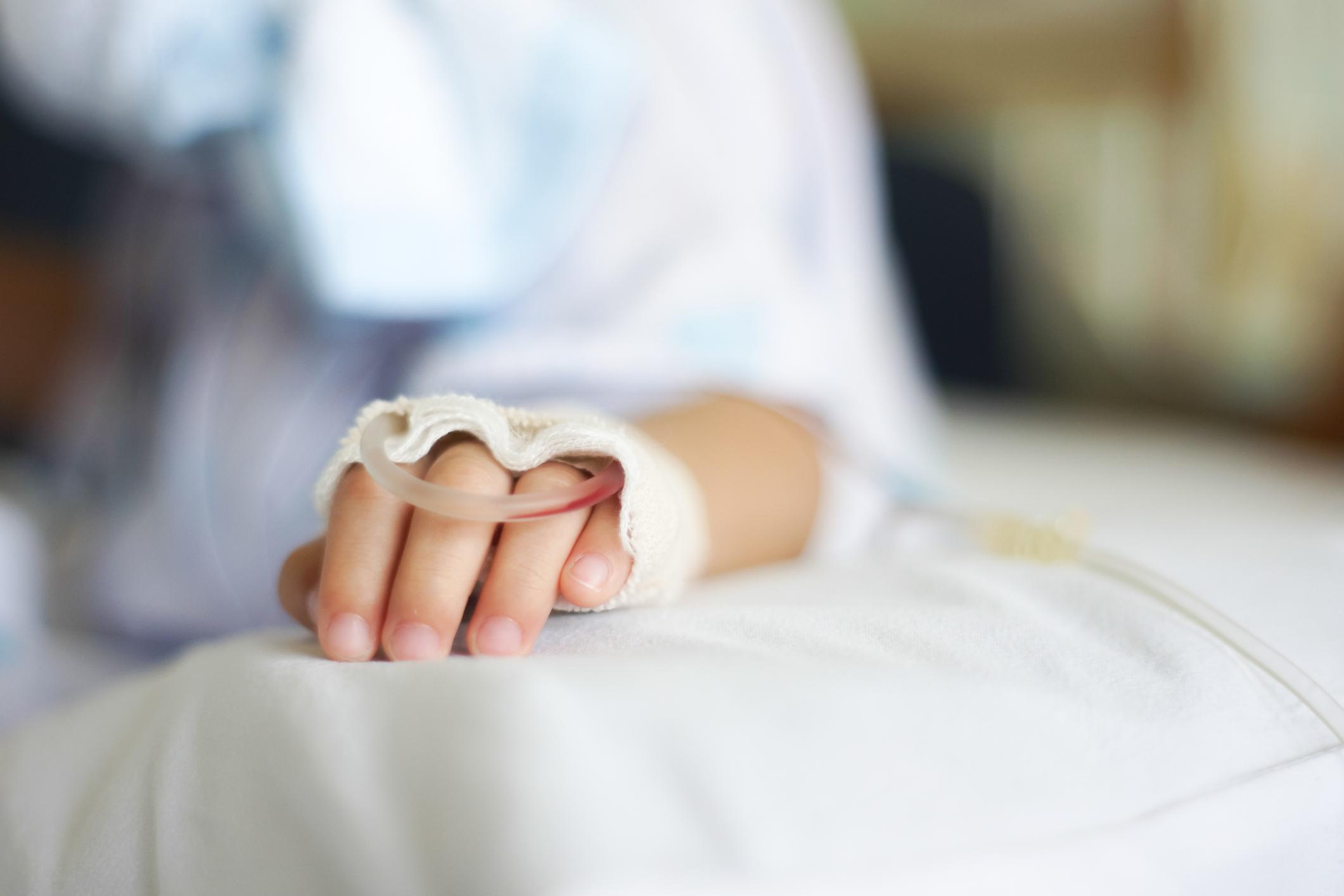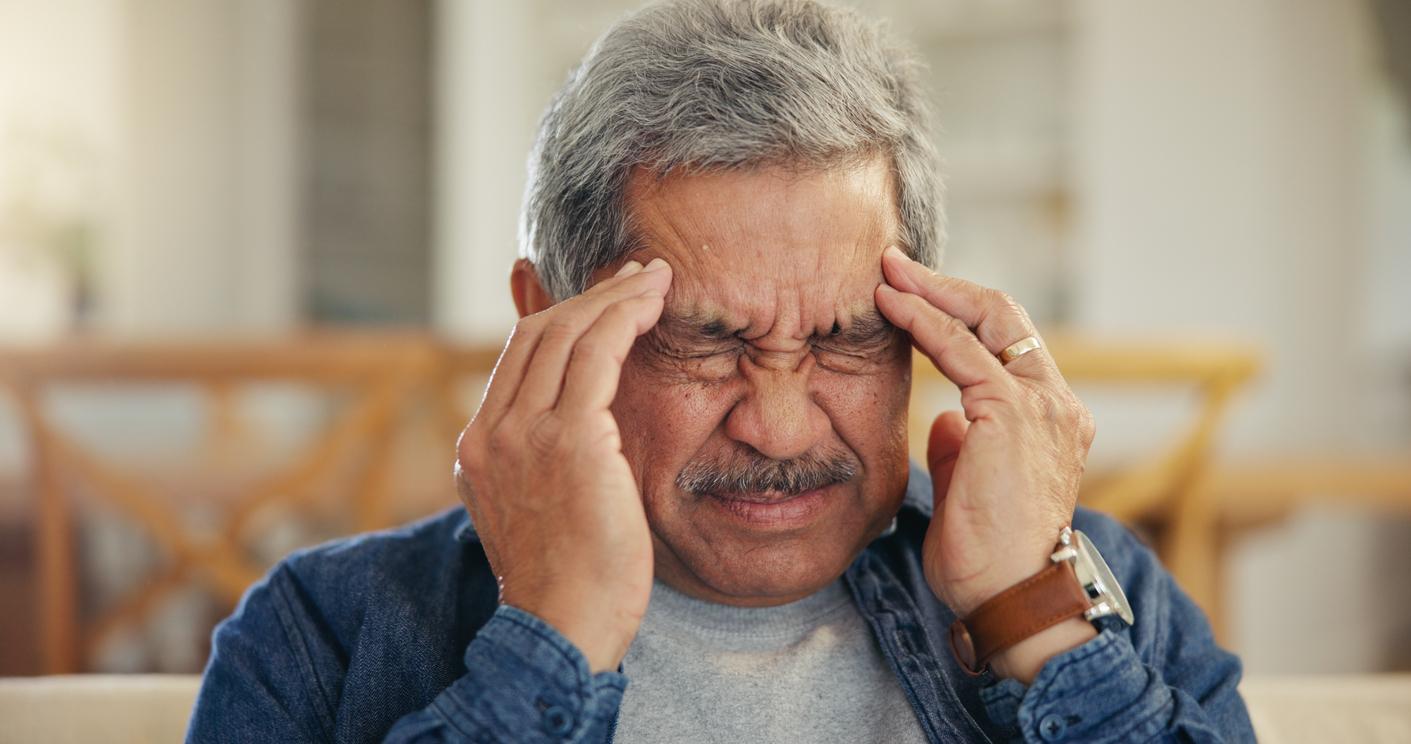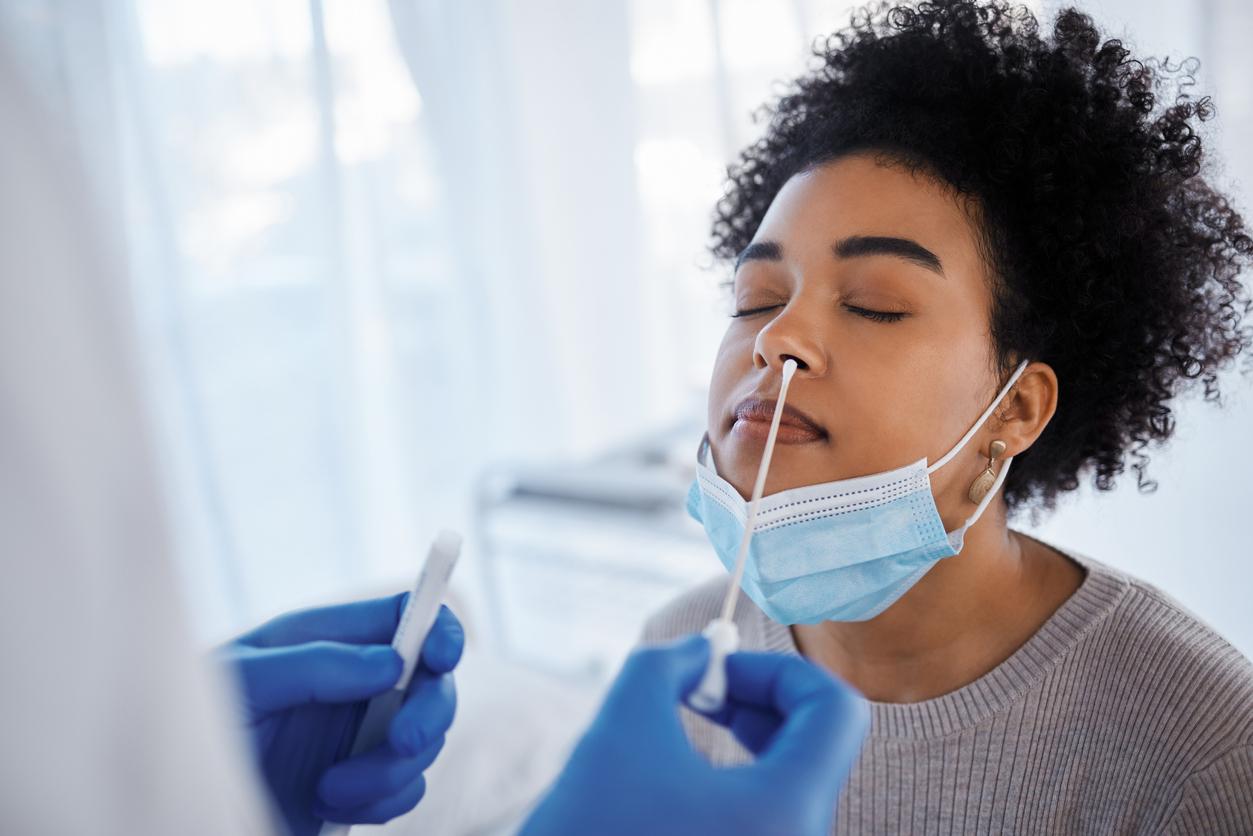To assess the risk of transmission of the virus in nightclubs, two tests will be carried out this weekend in Paris.

- Each of the participants will have to justify a complete vaccination for two weeks, two injections or a single dose for those who have already been infected, and not to present any comorbidities.
- In order to assess different situations, 2,200 volunteers will stay at home while the other half will spend their evening in two discotheques.
- The results of the study are not expected with at least the end of July.
After more than 15 months of closure, nightclubs will be able to find the public from July 9. Access will be reserved for those who can present a health pass which will justify a complete vaccination, a recent negative PCR test or an infection in the previous six months. Inside, a gauge of 75% will have to be respected but full capacity will be possible outside. In addition, wearing a mask will not be compulsory but only recommended, as the government has clarified.
Assess the risk of transmission between vaccinees in a closed place
To accompany this reopening, an experiment, called “Reviens la nuit”, will be carried out this weekend in order to assess the risk that this represents for contamination. A total of 4,400 volunteers aged 18 to 49 will meet in two nightclubs this Saturday evening from 11 p.m. to 6 a.m., namely the Cabaret Sauvage (19th arrondissement) and the Machine du Moulin Rouge (18th). Each of the participants must prove that they have been fully vaccinated for two weeks, two injections or a single dose for those who have already been infected, and that they have no comorbidities in order to attend shows hosted by renowned DJs, including Laurent Garnier. , Etienne de Crécy or Pedro Winter.
In order to assess different situations, 2,200 volunteers will stay at home while the other half will spend their evening split between the two discotheques. The objective is to compare the two situations to find out what is the risk of transmission of the virus between vaccinated people gathered in an enclosed place without compulsory wearing of a mask. In order to study the risks, participants will have to do a PCR test by saliva sample three days before the evening and another seven days after the evening. Possible virus carriers are not excluded, unless they show symptoms.
Results not before the end of July
This experiment was proposed by three young Parisian infectiologists who indicate that it is a world first. “No studies have yet tested transmission between vaccinated people in closed settings.”, underlines Jeremy Zeggagh, infectious disease specialist at Saint-Louis hospital, one of the coordinators of this test piloted by the APHP and the ANRS / Emerging Diseases agency, in a press release dated June 23.
The results of the study are not expected with the end of July, or even the month of August, questioning the relevance of such an experiment when the nightclubs will have reopened for some time. “At the end of August-beginning of September, the measures must be reassessed. We hope to provide scientific answers by this date“, answers Jeanne Goupil, infectiologist at the Avicenne hospital.

.
















